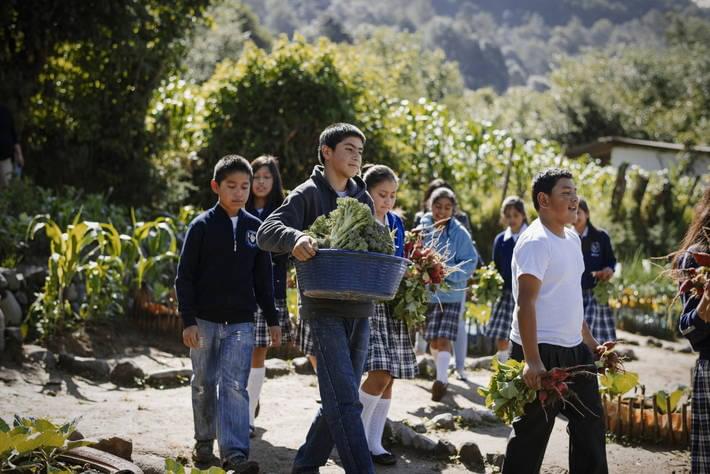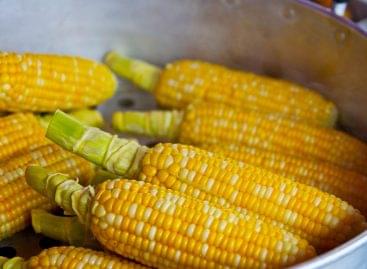FAO: The food systems of the future must provide healthy and sustainable diets for all
The food systems of the future must deliver healthy and quality food for all whilst preserving the environment, FAO Director-General José Graziano da Silva said today as he called for a transformation of food systems to improve people’s diets.

Graziano da Silva spoke at the opening of the international symposium The Future of Food (10-11 June) in Rome, which brings together academics, researchers, policymakers, representatives from civil society and the private sector, parliamentarians and government agencies.
“We need to change our focus from producing more food to producing more healthy food,” the FAO chief said.
In fact, hunger is no longer the only major nutrition problem facing humanity.
Currently over 2 billion adults aged 18 or more are overweight, of which more than 670 million are obese. Moreover, the increase in the prevalence of obesity between 2000 and 2016 has been faster than that of overweight at all age levels. Also, nearly 2 billion people suffer from micronutrient deficiencies.
Projections estimate that the number of obese people in the world will very soon overtake the number of people suffering from hunger, which currently accounts for about 820 million.
There are several underlying factors driving the global pandemic of obesity and micronutrient deficiency, such as rapid urbanization.
One of the main drivers is the high consumption of ultra-processed food, which is mainly based on artificial ingredients. It contains high levels of saturated fats, refined sugars, salt and chemical additives.
Improving people’s diets
The FAO Director-General put forward four measures that could improve people’s diets.
Firstly, countries should put in place public policies and laws with proper incentives that protect healthy diets and encourage the private sector to produce healthier food.
Examples include taxes on unhealthy food products; easier-to-understand and more comprehensive food labels; and restrictions on advertising of food, particularly for children.
Secondly, governments should promote the consumption of local and fresh food by creating local circuits of food production and consumption. This means improving access to and promotion of local, fresh food.
Thirdly, international trade agreements must be designed to influence food systems in a positive way as ultra-processed food tend to fare better in international trade.
“Unfortunately, not all food that is considered safe is healthy. Trade must enable ways to bring healthy food to the table,” said Graziano da Silva.
“Fourthly, the transformation of food systems starts with healthy soils, healthy seeds, and sustainable agricultural practices. The whole food system needs to be readdressed,” said Graziano da Silva.
Graziano da Silva also highlighted the need for growing food in ways that preserve the environment.
He noted that the agricultural model that resulted from the Green Revolution is no longer sustainable as high-input and resource-intensive farming systems have increased food production, but at a high cost to the environment, generating deforestation, water scarcity, soil depletion, and high levels of greenhouse gas emissions.
FAO’s Director-General also lauded the role of academia in the transformation required for our food systems.
“We benefit from your work, and we need your guidance on what to do in the future,” he said.
More about the symposium
The Future of Food symposium includes panel discussions on specific themes: research, knowledge gaps and needs for sustainable food systems and healthy diets; governance of food systems for healthy diets; building consumer confidence in food systems; and what it takes to transform food systems. The full programme can be found here.
Related news
EU Commissioner: new regulation strengthens protection for farmers and smaller suppliers in the food chain
🎧 Hallgasd a cikket: Lejátszás Szünet Folytatás Leállítás Nyelv: Auto…
Read more >FAO food price index falls for five months
🎧 Hallgasd a cikket: Lejátszás Szünet Folytatás Leállítás Nyelv: Auto…
Read more >Corn 2026: soil moisture and hybrid choice may decide the season
🎧 Hallgasd a cikket: Lejátszás Szünet Folytatás Leállítás Nyelv: Auto…
Read more >Related news
ZEW: Economic expectations worsened in Germany and the euro area in February
🎧 Hallgasd a cikket: Lejátszás Szünet Folytatás Leállítás Nyelv: Auto…
Read more >






